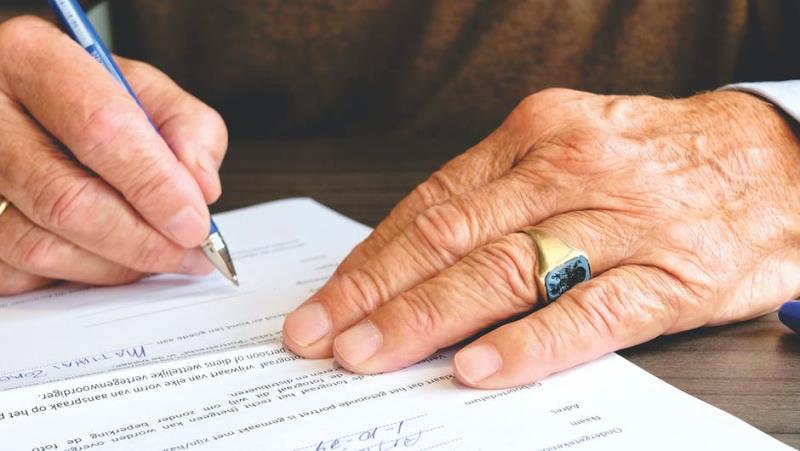Less than half of American adults have a written will. Many people don’t consider writing a will until they’re in their senior years, but this isn’t always the best choice. It’s never too early to think about what will happen to your assets in the event of your passing.
Drafting a will may seem scary or complicated, but it doesn’t have to be. Creating a will that suits your needs and wants can be simple if you work with a good attorney.
We’re here to talk about a few things you should keep in mind during the will drafting process. Read on to learn more.
1. First and Foremost: Consult With a Professional
It’s never a good idea to create a will on your own. Your will is a legal document. You want to make sure you’ve “crossed your t’s and dotted your i’s,” so to speak, because even small mistakes can lead to things not being carried out in the way you’d prefer.
Working with an estate planning lawyer will ensure that you understand the entire process and don’t miss anything important.
Of course, you can start thinking about your will before hiring a professional. Just don’t put anything down on paper yet.
2. List Your Beneficiaries
Who do you want your assets to go to after your death? Think carefully about this. Note that you can always update your will to add or remove people in the future, but you should make a comprehensive list. You should also try to break down what assets go to which beneficiary (although this can change).
If you plan on donating assets to charity, ensure that you list the exact charities you have in mind.
3. The Executor
Who is going to be the executor of your will?
Being an executor is a big job. They’re responsible for distributing assets and making sure your will is followed. They’re also responsible for ensuring taxes and debts are taken care of.
It’s helpful to have multiple executors to ensure everything is fair. Two to four is a good number. The executor can be a beneficiary as long as they are over the age of eighteen.
4. Guardianship of Children
If you have minor children, it’s a good idea to consider who will take care of them in the event of your passing (and the passing of your co-parent, if applicable).
Consider guardians who:
- Can reasonably take on the role
- Share similar values
- Have a bond with the child
- Won’t remove the child from their general location
You can also write down any wishes you have for the child’s upbringing regarding education, activities, and access to money.
5. A Complete Breakdown of Assets
Trying to break down assets is complicated. This is where it’s helpful to have a lawyer on your side. Your assets are everything you own in any capacity, from money to stocks to physical belongings and more.
You should know the whereabouts of those assets as well as any relevant documentation (titles, for example).
You should also consider sentimental assets. If you want someone to have specific sentimental items or heirlooms, don’t forget to list them.
Are You Drafting a Will?
If you’re drafting a will, there are many things you need to consider. This is a serious process, and a well-written will makes it far easier for your loved ones to follow your wishes after your death.
We want to help you ensure your will is exactly as it needs to be. Contact us today to set up an appointment with one of our experienced estate lawyers.

